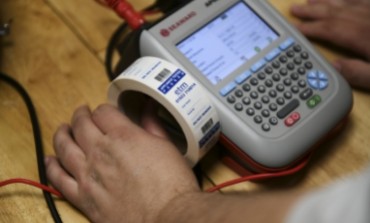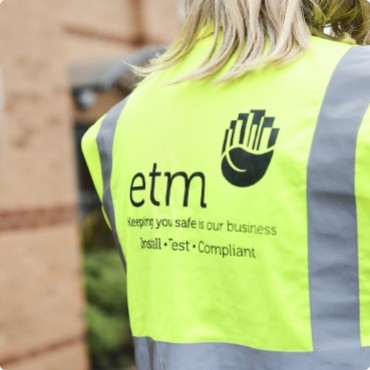Fixed wire testing, also known as an Electrical Installation Condition Report (EICR), is a crucial process that ensures the safety and integrity of a building's electrical systems. This legal requirement is not just a formality; it plays a vital role in protecting lives and property from potential electrical hazards.
What is Fixed Wire Testing?
Fixed wire testing involves a thorough inspection and testing of a building's electrical installations, including wiring, sockets, and circuit breakers. The aim is to identify any defects or issues that could pose a risk to safety. This testing is typically conducted by qualified electricians who follow strict regulations and guidelines.
Why is Fixed Wire Testing Important?
-
Legal Compliance: Fixed wire testing is mandated by various regulations to ensure that electrical systems are safe for use. Failing to comply with these legal requirements can lead to legal consequences and financial liabilities.
-
Safety Assurance: Regular testing helps identify potential electrical hazards, such as overloaded circuits or faulty wiring, which can lead to serious accidents, including fires and electrocutions.
-
Insurance Requirements: Many insurance policies require proof of regular fixed wire testing. In the event of an incident, having an EICR can be crucial for claims.
-
Peace of Mind: Knowing that your electrical system has been inspected and deemed safe provides peace of mind for building occupants and owners alike.
How Often Should Fixed Wire Testing be Conducted?
The frequency of fixed wire testing can vary depending on the type of building and its usage. Generally, it is recommended to conduct an EICR every 5 years for commercial properties and every 10 years for residential properties. However, high-risk environments, such as those involving public access or specific equipment, may require more frequent inspections.
What Happens During Fixed Wire Testing?
During an EICR, the electrician will conduct a series of tests, including:
- Visual Inspections: Checking for signs of wear and tear or any obvious faults.
- Testing of Circuits: Assessing the functionality and safety of electrical circuits under load.
- Documentation: Providing a comprehensive report detailing the findings, any necessary repairs, and recommendations for future maintenance.
Conclusion
In conclusion, fixed wire testing is a legal requirement that provides essential protection for buildings and their occupants. By ensuring that electrical systems are regularly inspected and maintained, property owners can fulfill their legal obligations, protect their investments, and most importantly, safeguard lives. Don't overlook the importance of an Electrical Installation Condition Report—it's a small price to pay for peace of mind and safety.

PAT Testing Offer
We are committed to ensuring the safety and compliance of your electrical equipment through our professional Portable Appliance Testing (PAT) services.
As a token of our appreciation for choosing us, we’re excited to offer you an exclusive 10% discount on all PAT testing services!
FIND OUT MORE





